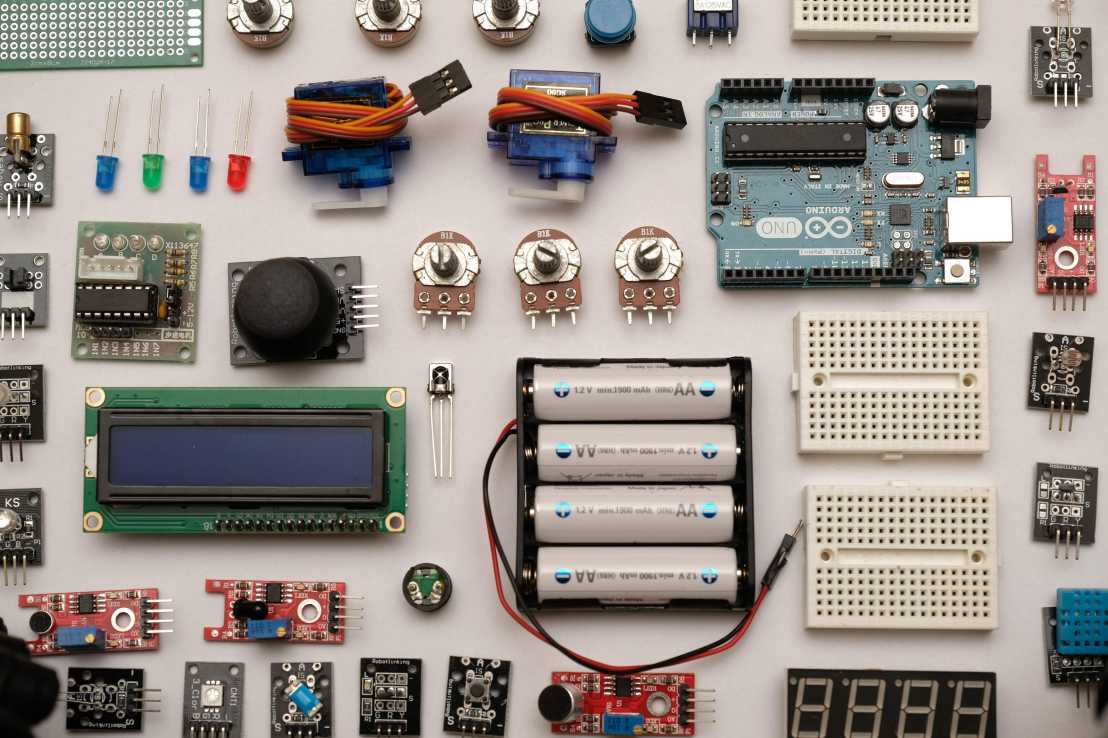Uplift Fundraising Campaign
Research Call 1 2020: User-led Innovation in Rehab Technology

In October 2020, the Competence Centre for Rehabilitation Engineering & Science published its first research call “Changing Behaviours”. Out of the four promising proposals that were submitted, a board of experts awarded the grant to the project “User-led innovation in online communities: An exploratory study of the design principles and the diffusion of affordable rehabilitation technology”.
The grant will be used to explore the design principles and the factors affecting the diffusion of affordable rehabilitation technology. The interdisciplinary research group, led by RESC members Professor Georg von Krogh, Chair of Strategic Management and Innovation (SMI) at D-MTEC, in collaboration with Professor Mirko Meboldt, Chair of Product Development and Engineering Design at D-MAVT, and Professor Christoph Stadtfeld, Chair of Social Networks at D-GESS, will start the project in July 2021. Funding for this and future RESC research calls is supported by the external pageETH Foundationcall_made within the framework of external pageETH’s Rehabilitation Initiativecall_made.
Abstract: patients as user innovators
Patients form an important source of ideas and knowledge for innovative solutions rehabilitation because of two main reasons. First, patients experience the problems associated with rehabilitation at first hand and are ideally positioned to identify the attributes required for a technological solution. For instance, a patient recovering from spinal cord fracture experiences mobility challenges and can identify where new solutions would help to interact with her environment better. Second - and in line with prior work on user innovation - commercial firms are unlikely to engage in niche research and development activities for highly tailored products with an uncertain future market demand. Therefore, patients as user innovators are often found at the forefront of innovative endeavours in rehabilitation solutions.
Professor Georg von Krogh on the motivation for the project: “Many innovative and affordable rehabilitation solutions are no longer developed by companies, but by users in online communities. But those user-developed solutions often reach only a limited number of patients. In our research project, we aim to find out how we can harness the potential of online communities. How can users, engineers and policy makers work together to develop the low-cost rehabilitation solutions of the future?”
Prior studies suggest that such innovation often emerges through collaboration among many patients who share the same needs and motivations. With the advent of digital and communication technologies, anecdotal evidence shows that such patient-to-patient collaborations are increasingly unfolding within online communities.
Even though we know much about how users collaborate in communities and coordinate their work in developing software, there is limited understanding of how users in online communities develop rehabilitation-related innovation (hardware).
This project aims to closely examine online hardware development communities (e.g., Hackster, HackaDay) using machine learning based and social network analysis methods to shed light on how the technological attributes of patient-led innovation, such as modularity, and the related technical expertise required, impact the creation, diffusion and adoption of patient-led innovation.
The findings shall benefit both users and designers of rehabilitation technology, collaborative hardware development communities, and public institutions aiming to untap the potential of low-cost patient-led innovation. Ultimately, the aim is to assess the viability of online communities for user innovation in rehabilitation. Understanding the functioning of such user communities should also benefit policymakers in supporting an inclusive innovation environment.
Chair of Strategic Management and Innovation at D-MTEC
Product Development Group Zurich at D-MAVT
Social Networks Lab at D-GESS
